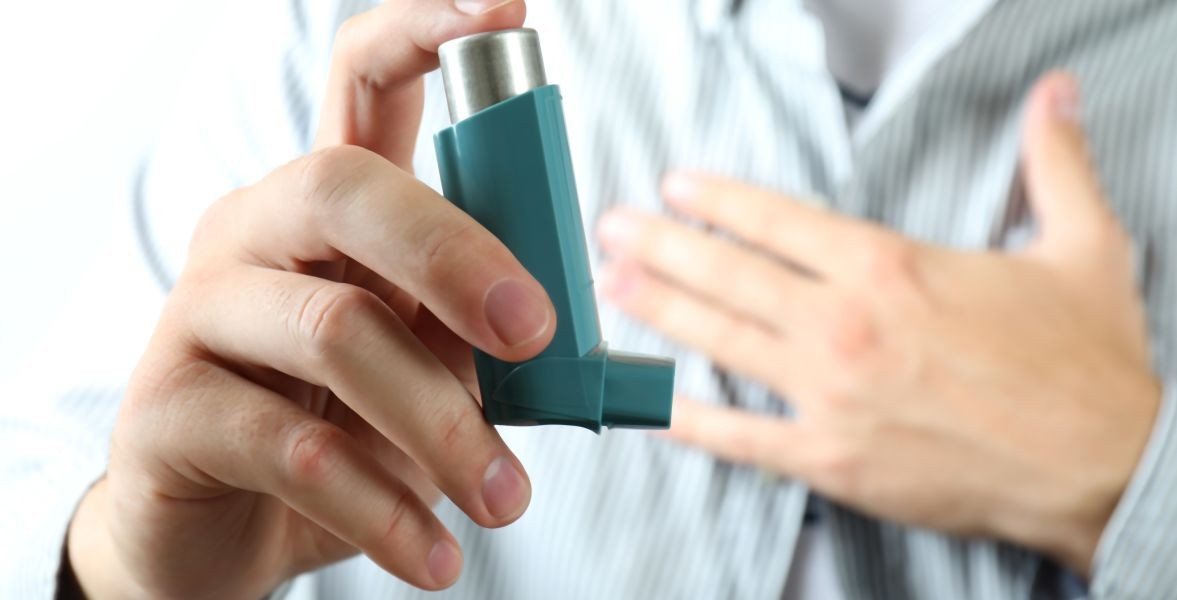Inspirational journeys
Follow the stories of academics and their research expeditions
ASTHMA – DIAGNOSIS & TREATMENT

Diagnosis
For adults and youngsters who have recently
been diagnosed with Asthma[five years], PULMONARY FUNCTION TESTS are routinely
checked to know how well the lungs are operating. Poor results on the tests
indicate that respiratory disease is not well controlled. These tests also tell
how well the treatment plan is working
LUNG FUNCTION TESTS include:
o Peak flow.
Your doctor might take a peak flow
reading after you are available for a scheduled visit or emergency treatment
throughout the treatment. This check measures however quickly you'll exhale.
You’ll additionally use a peak flow meter to observe how well your respiratory
organ can operate.
o
The
results of this check are called peak breath flow (PEF). A peak flow check is
finished by processing into a mouthpiece as quickly as you can with one breath
(expiration).
o Spirometry.
Throughout
spirometry, you are taking deep breaths and forcefully exhale into a hose
connected to a machine referred to as a SPIROMETER.
o
It
measures
§
Amount
of air one can breathe in and out.
§
How
fast one can empty the air out of the lungs.
o Nitric oxide activity.
o
This
measures the amount of nitric oxide gas out of the body through exhalation as
nitric oxide levels sometimes increase in patients with asthma. High gas
readings indicate inflammation of the cartilaginous respiratory tubes.
o Pulse oximetry.
o
This
check measures the oxygen levels in your blood. It's measured through the tip
of the finger
Treatment
If your doctor has diagnosed asthma,
always follow his instructions and follow the action plan as asthma can not be
cured but can be managed effectively by medications
It constitutes
o
Long-term
asthma control medications to keep asthma under control
o
Inhaled
corticosteroids
o
Leukotriene
modifiers.
o
Combination
inhalers
o
Theophylline
o
Quick-relief
(rescue) medications
o
Short-acting
beta-agonists.
o
Anticholinergic
agents
o Oral and intravenous
corticosteroids.
A quick-relief inhaler can help ease the
symptoms quckly in case of an asthma flare-up
0 Comments
Categories
Recent posts
IQAI: Transforming Healthcare - One Success Story at a Time
Wed, 20 Sep 2023





Leave a comment